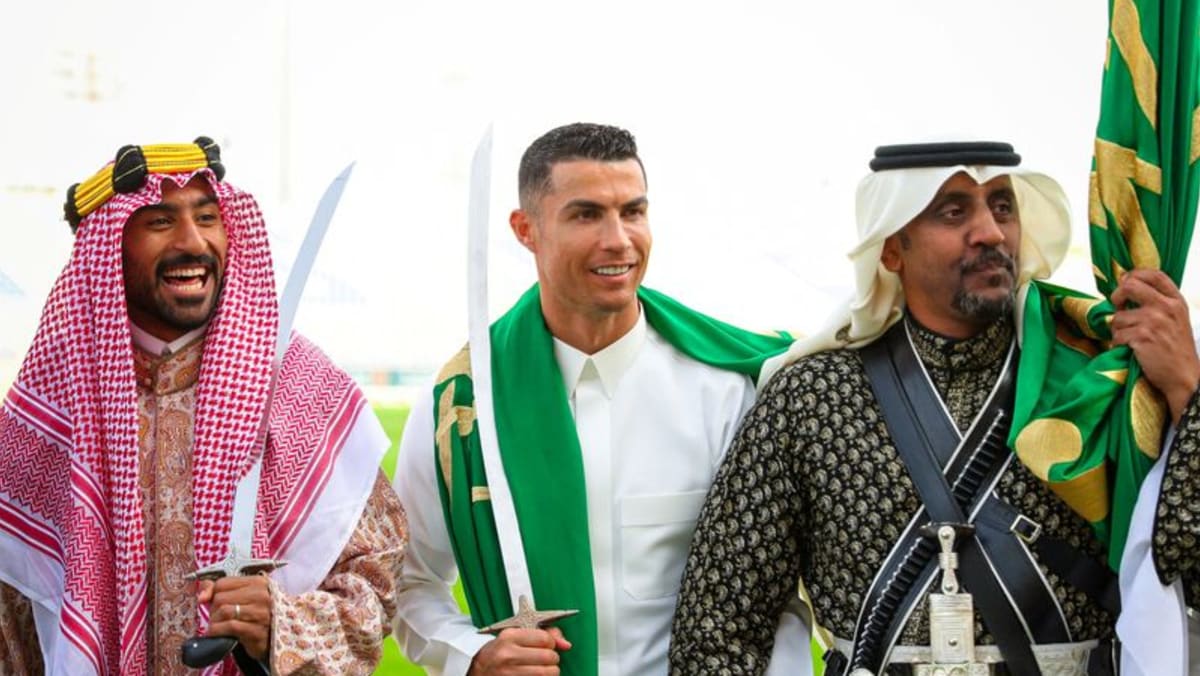
CHALLENGES AND OPPORTUNITIES IN ASIA
Saudi Arabia has long been a sporting powerhouse in Asia but now has ambitions to become a global force in the coming years and decades.
Singapore has also been wrestling with how to develop its football scene for years and this has become more critical after recent performances. In May, the Under-22 team failed to progress past the group stage at the SEA Games for the fifth consecutive time, a sorry campaign that ended with a 7-0 thrashing at the hands of bitter rivals Malaysia.
The senior side missed out on qualification for the 2023 Asian Cup unlike Malaysia, Indonesia, Thailand and Vietnam. Singapore, four-time AFF Championship winners, have been eliminated in the first round in four of the past five editions of the regional tournament.
It means that any new development in Asian football has to be examined. Ultimately, it is Singapore’s choice in how it reacts to events in Riyadh.
“Strategically Singapore needs to decide very quickly as to what its position is on Saudi Arabia and the money flooding into sport generally there,” Simon Chadwick, Professor of Sport and Geopolitical Economy at SKEMA Business School, told me. “Does Singapore compete, or does it collaborate?”
Given the sums that will be needed to compete, the latter may be the best course of action especially as the Saudi Arabian Football Federation signed a Memorandum of Understanding with its Singapore counterpart last November to strengthen ties and further the development of the sport in each country.
For example, rumours that Saudi Arabia is considering establishing a new global football club competition could be an area to work together. “Given the predisposition towards certain European football teams in Singapore, it may create opportunities to collaborate with Saudi Arabia,” said Prof Chadwick.
